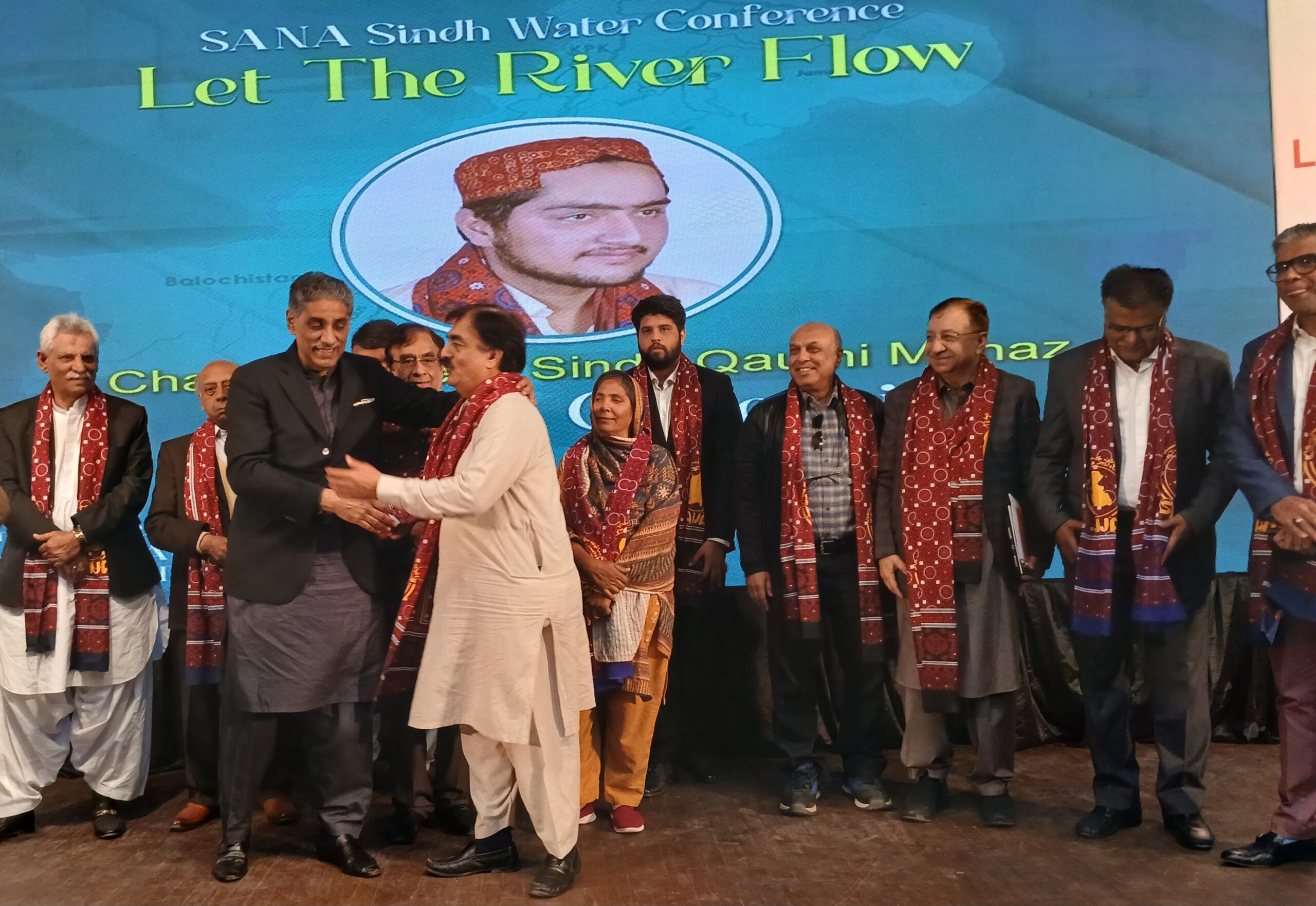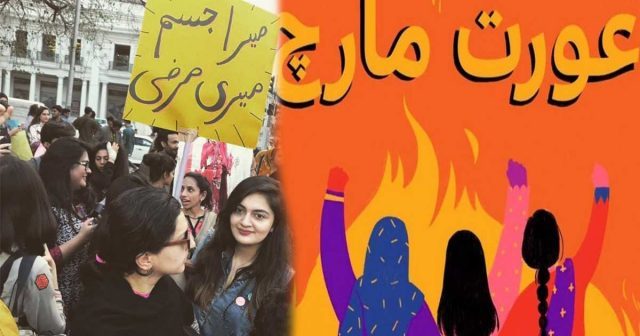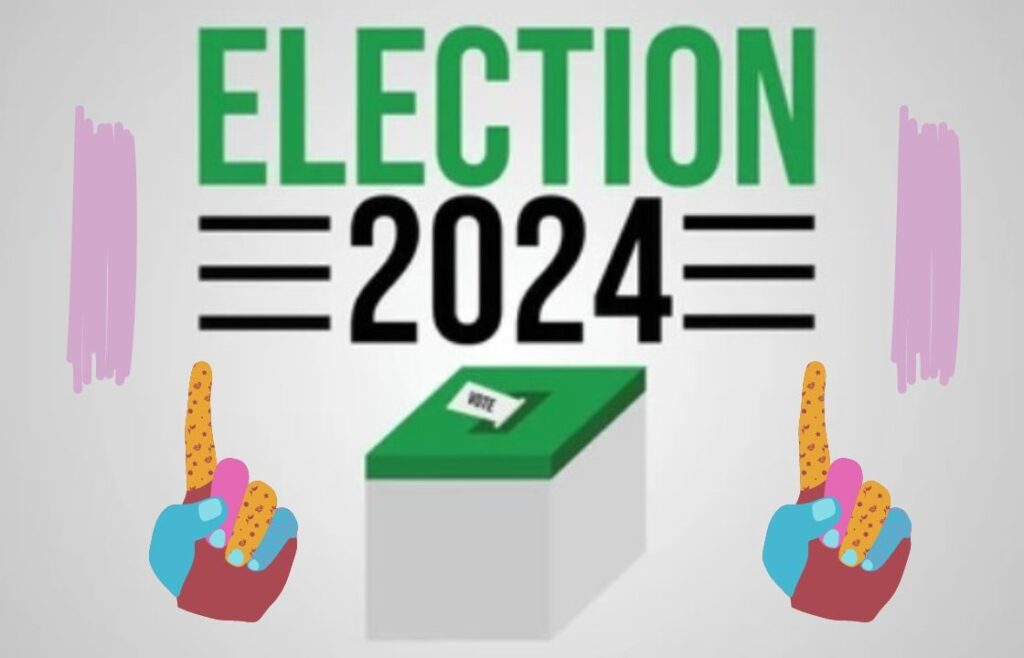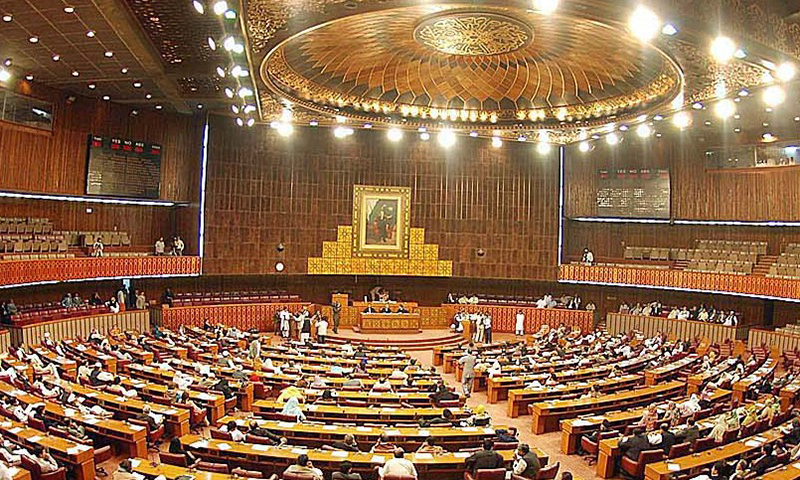Sindhi people reject the canals scheme in Punjab, which will ruin Sindh as the province depends on the water of the River Indus, and these canals will drastically reduce water in the river.
“We believe that the Punjab and federal governments are working against Sindh’s interests under the same agenda, depriving Sindh of its rightful share of water from the Indus River as per the 1991 water accord.”
This was stated in a resolution at the Sindh Water Conference titled “Let the River Flow,” organised by the Sindhi Association of North America (SANA) at the Ahmed Shah Auditorium of the Arts Council of Pakistan, Karachi. The resolution was read by SANA’s former president, Dr. Waleed Shaikh.
Politicians, water experts, and engineers from across Sindh presented papers at the conference, describing the construction of six canals under the Green Initiative as a disaster for Sindh. They demanded that the federal government scrap the canal schemes and release water in the river according to the 1990 water agreement to ensure it reaches the Indus Delta.
The resolution also called for concrete measures to prevent Sindh’s water from being withheld and for conducting audits of Sindh’s rightful water share.
All Nationalist Politicians Reject Canals
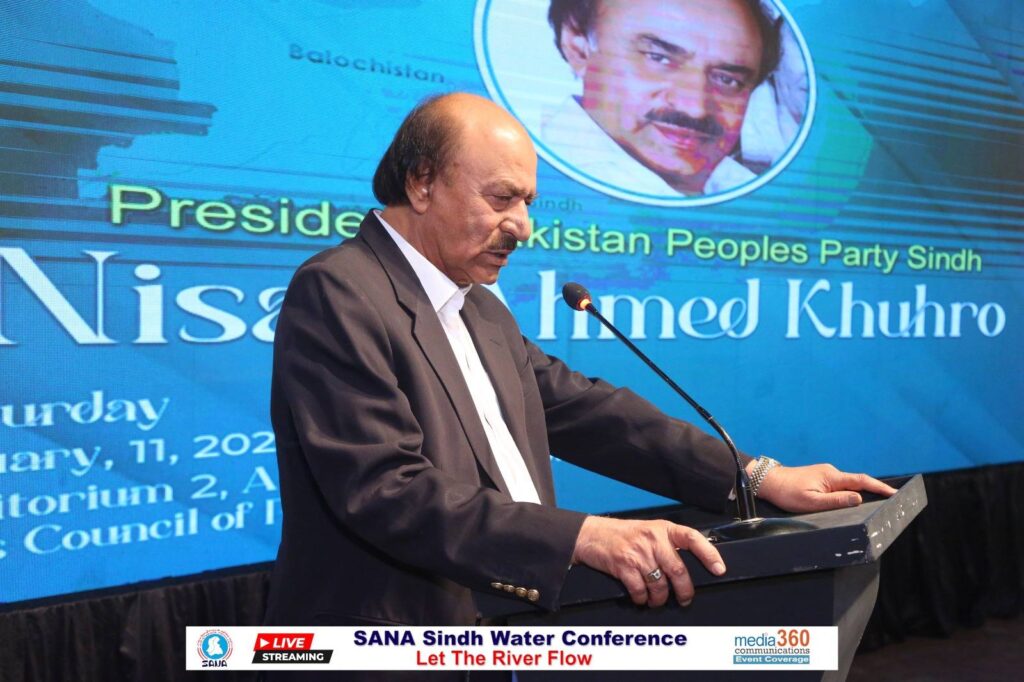
Politicians and technical experts discussed the decades-old dispute over water distribution between Sindh and Punjab, highlighting Punjab’s breaches of trust and water theft.
Speakers noted that due to the inability of river water to reach the Indus Delta, millions of acres of agricultural land have been swallowed by the sea, forcing the displacement of millions of residents of the Delta region.
They also criticised the leadership of the Pakistan People’s Party (PPP) for approving the canal construction project during its tenure in both the Sindh and federal governments, weakening Sindh’s case by amending the laws of the Indus River System Authority (IRSA). They alleged that the plan to approve the six canals was signed by the then-President Asif Ali Zardari, who also leads the PPP.
Politicians and experts also rejected the program to allocate millions of acres of Sindh’s agricultural land for corporate farming, demanding instead that government land be distributed among landless peasants.
Nisar Ahmed Khuhro, PPP’s Sindh president, presented his party’s stance, saying that the current Sindh Assembly has passed a resolution against the construction of the six canals. He stated that the PPP has historically raised its voice against the theft of Indus River water. Former Prime Minister Benazir Bhutto had participated in protests against the construction of the Kalabagh Dam, contributing to its cancellation. He added that the constitutional body, the Council of Common Interests, was not being convened, allowing anti-Sindh projects to proceed in secrecy, which is unconstitutional and illegal.
Sindhi nationalist politician Dr. Qadir Magsi criticised both the provincial and federal governments, stating that the role of the two major ruling parties in Sindh on water issues was not “Sindh-friendly.”
Civil Society’s Concerns on Canals
Civil society leader and writer Engineer Naseer Memon presented details of the construction of the six canals. He claimed that Punjab actually intends to build the Greater Cholistan Canal to irrigate 665,000 acres of land in Cholistan, while the other five canals were added to disguise the real objective. He alleged that Punjab has consistently presented false statistics about surplus water.
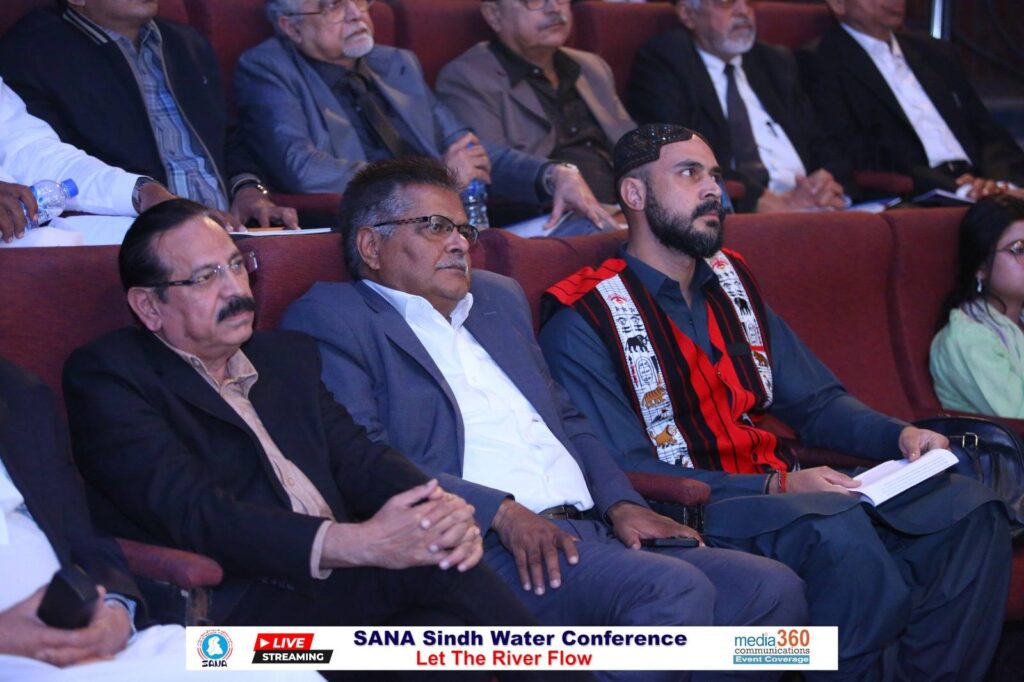
Environmentalist and human rights activist Zulfiqar Bhutto Jr., son of the late PPP (Shaheed Bhutto) leader Mir Murtaza Bhutto, said that building canals on the Indus River would not only devastate Sindh’s lands but also severely impact the province’s environment. He warned that the population of the endangered Indus blind dolphin, located between Guddu and Sukkur barrages, would also be at risk.
Other speakers included Jagdish Ahuja of the Sindh United Party, Bakshal Thalho of the Awami Workers Party, Vasand Thari of the Awami Tehreek, technical expert and senior lawyer Mohammad Khan Shaikh, Shabina Faraz, Abrar Qazi, Syed Lal Shah, and Ehsan Laghari. They highlighted the negative environmental and economic impacts of water scarcity in Sindh.
In his opening remarks, SANA President Dr. Maqbool Halepoto stated that Sindhis living abroad are deeply concerned about the injustices being done to the Indus River. He said the purpose of the conference was to inform government and international organisations, as well as the media, about Sindhis’ concerns regarding the six proposed canals on the river.

